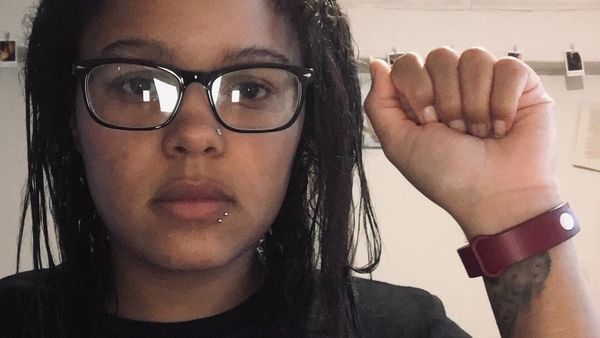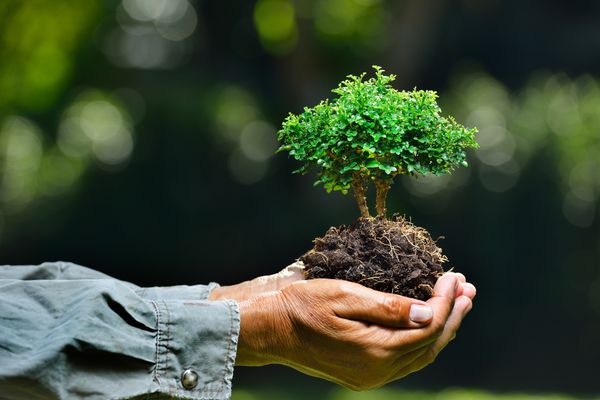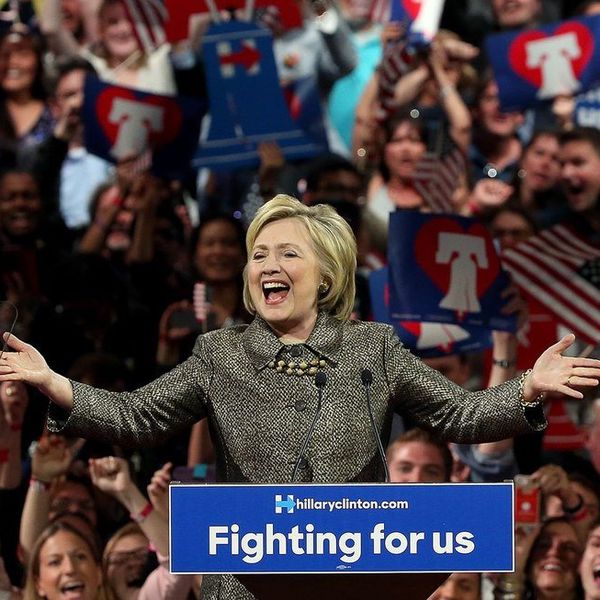Nowadays, when I wake up in the morning, I read the black-on-white print about the white-on-black crime that happened overnight. Every time I read the similar sounding words of remorse, a similar crime with different haste takes its place on the front page. Almost a century has gone by and racial killings are still bleeding onto today’s papers. Just weeks ago, Alton Sterling was shot and killed by two police officers representing the city of Baton Rouge. A couple days later, five Dallas police officers were killed by an ex-marine, an African American, a vengeful sniper. All this death—all this tragedy—all it did for humanity was create more noise. It simply adds more to the sum of questions going unanswered, seeping into our minds when we read such accounts and ask, "When will racial killings become more than just white noise?"
Some say the answer, and maybe the solution, come through a series of boisterous disturbances. Just yesterday, in my hometown of Charleston, South Carolina, cops blockaded yet another Black Lives Matter protest. Events like this are not uncommon in larger cities like Atlanta, New York City, Baton Rouge, and our nation’s capital, Washington, DC. It seems as though change can only be seen from 1) the barrel of a gun or 2) angered groups of "The Neglected."
Although violence and protest are what we read in the papers, behind the scenes there are more gentle acts paving the way for those feeling disenfranchised. Just last week, outside of the LAPD headquarters, rappers Snoop Dogg and The Game held a peace protest with hundreds of other Compton neighbors, asking for a chance to discuss equal employment opportunities and to mend the relationship between suspects and officers in their Los Angeles neighborhood. These efforts don’t just lie within one race. White police officer Tommy Norman has reportedly made great efforts to help the black community of Little Rock, Arkansas, including projects, donations, and employment opportunities. This effort was noticed by none other than The Game’s oldest son, Harlem, who opened a GoFundMe account for the inspirational police officer, with a goal of $50,000 dollars. It’s efforts like these that prove equality is within reach, without brutality from either color, in this fatal game of checkers.
We can all learn from these West Coast sound-makers. They are showing the entire nation that it’s not just the initial sound, or the highest pitch, that is heard. Instead, it’s the waves that follow. It’s what happens next. We are all connected, and what is most important is how we welcome each other. Take Compton, for example, where a world full of housing projects has forced residents (mainly African American) to learn different sets of skills—different modes of survival—instead of receiving the same education as their neighbors in Orange County. We have created an invisible line between the working classes and the comfortable business people, leaving African American protestors outside of office buildings they are rarely given the chance to formally enter.
Our responsibility as a nation does not stop at simply making room. Old money trumps new money always and so do the voices, boards, and campaigners that determine our country’s future. Racism will never end until there are a different set of voices being heard, somewhere other than on the streets. Until African Americans and every other minority, are given equal opportunity to grow, succeed, and be heard, racism will still be embedded in Fair Society’s gravestone. That begins with equal employment and should end not only the violence but also the struggle of being black and living in America.
Switch the date and the words around, then “Give Us Equal Rights” becomes “Black Lives Matter.” Jim Crow becomes the name on the badge-wearing brutality. Civil Rights becomes the nation’s ex-wife, who gets less than she deserves. It is not what we did then, but what we do now that shapes the tomorrow we see today.





















